The United States is at a pivotal juncture in its pursuit of energy and critical mineral independence. These resources are the backbone of national security, economic stability, and technological advancement. However, extremist environmental groups, including the Center for Biological Diversity (CBD), Sierra Club, and Earthjustice, have weaponized the legal system to obstruct critical domestic projects. Their aggressive tactics inflate costs, discourage investment, and empower foreign adversaries like China and Russia, leaving the U.S. vulnerable to supply chain disruptions and geopolitical pressures.
The Strategic Imperative of Energy Independence
Energy independence is not just an economic priority—it is a matter of national security and global leadership. By reducing reliance on foreign energy and critical mineral imports, the United States can:
- Enhance National Security: Dependence on foreign suppliers, particularly adversarial nations, exposes the U.S. to risks of supply chain manipulation and political pressure. A self-reliant energy infrastructure ensures stability and resilience during global conflicts or economic disruptions.
- Drive Economic Growth: Domestic energy and mineral production create jobs, attract investment, and strengthen local economies. A diversified energy portfolio also shields American households from price volatility caused by international market dynamics.
- Lead in Innovation: Independence fosters innovation in renewable energy technologies, advanced manufacturing, and defense systems, enabling the U.S. to set global standards and remain competitive in the race for technological advancement.
Energy independence lays the foundation for a prosperous, secure future and positions the U.S. as a dominant force in the global economy.
Frivolous Lawsuits: A Growing Obstacle
The sheer volume of lawsuits filed by extremist environmental groups underscores the magnitude of the challenge:
- During President Trump’s first term, over 1,300 lawsuits were filed, targeting key energy and mineral projects.
- Under President Biden’s administration, 440 additional lawsuits were launched.
- Since President Trump resumed office in January 2025, 28 lawsuits have already been filed within a few weeks. At this pace, the U.S. could face over 300 lawsuits annually, setting new records and exacerbating delays.
These lawsuits block traditional oil and gas operations, renewable energy facilities, and mining efforts, inflating costs and often leading to outright cancellations of projects critical to national progress
Exploiting Environmental Legislation for Obstruction
Environmental groups frequently misuse laws like the Endangered Species Act (ESA) and the National Environmental Policy Act (NEPA) to block projects:
- A solar energy project in Nevada faced delays due to alleged harm to desert tortoise habitat, despite evidence of minimal environmental impact.
- A wind farm project in Texas was challenged over the golden-cheeked warbler, though studies confirmed the species was absent from the area.
- A lithium mining project, critical for electric vehicle batteries, was stalled over concerns about sage grouse habitat, despite no definitive evidence of harm.
While environmental protection is essential, these cases reveal how speculative claims are used as tools of obstruction, delaying progress and undermining national objectives.
Actions Against the Center for Biological Diversity (CBD)
The Center for Biological Diversity has faced criticism for its aggressive legal tactics:
- Litigation-Focused Practices: The CBD employs many attorneys and operates similarly to a law firm, prioritizing lawsuits over meaningful collaboration on conservation efforts.
- Taxpayer-Funded Legal Fees: Between 2009 and 2012, the CBD received over $2 million in taxpayer funds through court-awarded settlements and attorney fees related to ESA litigation. Critics argue that this reliance raises questions about the organization’s motives and transparency.
These actions have prompted scrutiny from lawmakers and industry leaders, who suggest that the CBD’s misuse of litigation stifles responsible development and imposes unnecessary costs on taxpayers.
Critical Minerals: A Strategic Vulnerability
Critical minerals like lithium, cobalt, and rare earth elements are vital to clean energy technologies, advanced electronics, and defense systems. However, the U.S. remains heavily dependent on foreign sources:
- China controls over 80% of the global rare earth processing market, leveraging this dominance for strategic advantage.
- Russia continues to expand its influence by exporting critical resources, cementing its geopolitical power.
Legal and regulatory barriers to domestic mining deepen this reliance, exposing the U.S. to risks of supply chain manipulation and dependence on nations that may not share its strategic interests.
Contrasting the U.S. With Global Competitors
While the U.S. faces delays and litigation, competitors like China and Russia are rapidly advancing their energy and mineral production capabilities:
- China: Streamlined permitting processes enable China to dominate renewable energy and critical mineral production. Its control over supply chains positions it as the leader in industries like electric vehicles and high-tech manufacturing.
- Russia: With vast natural resources, Russia capitalizes on its oil, gas, and mineral exports to strengthen its global influence.
These nations exploit America’s stagnation to secure their dominance in global markets, weakening the U.S. economically and politically.
Legislative and Regulatory Solutions
To address these challenges, the U.S. is pursuing decisive measures:
- Promoting Domestic Energy Production Act: Proposes tax reforms allowing energy companies to deduct intangible drilling and development costs, encouraging investment in projects like liquefied natural gas (LNG) facilities.
- Mining Regulatory Clarity Act and Critical Mineral Supply Chain Realignment Act: Aim to reduce permitting complexities, incentivize domestic production, and strengthen critical mineral supply chains.
- Lawsuit Abuse Reduction Act (LARA): Would impose mandatory sanctions on attorneys filing frivolous lawsuits, deterring baseless legal actions that obstruct development.
- Executive Order 14154 (January 2025): Declared a national energy emergency, prioritizing domestic energy and mineral production to overcome legal and regulatory delays.
These initiatives represent crucial steps toward energy independence and economic resilience.
Securing America’s Energy and Critical Mineral Future
The unrelenting legal challenges posed by extremist environmental groups threaten America’s energy and critical mineral independence. By obstructing projects essential to national progress, these lawsuits empower foreign competitors and undermine U.S. leadership on the global stage.
Addressing these barriers demands action. Legislative reforms, streamlined regulatory processes, and investment in domestic infrastructure are key to restoring America’s competitive edge. By prioritizing responsible development and innovation, the U.S. can secure a prosperous, stable future for generations to come.

